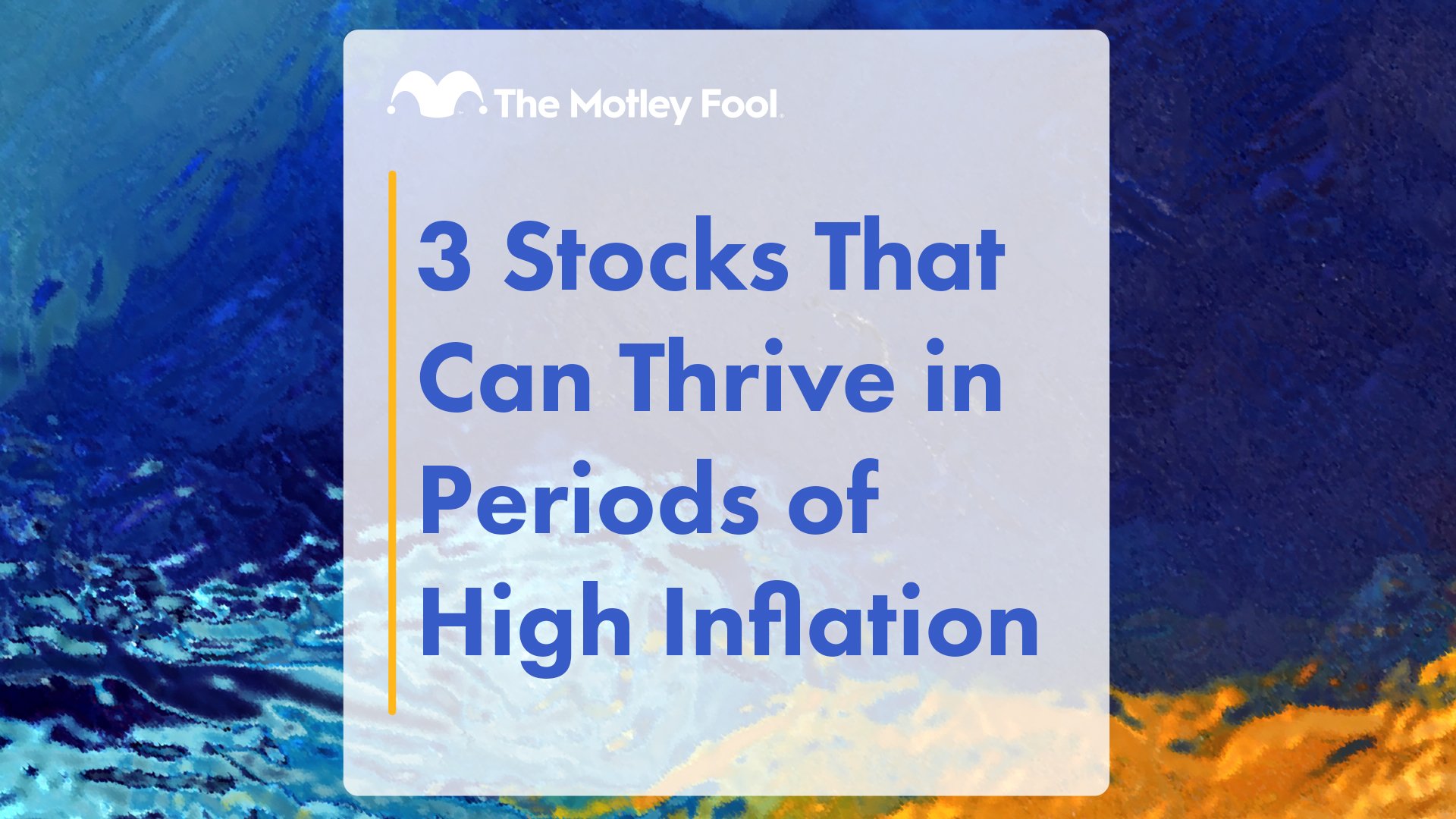
Image source: Getty Images.
Buying shares of hyped-up companies can lead to enormous gains if things go right. But if things go wrong, as they sometimes do, those gains can quickly transform into painful, and permanent, losses. For every company with incredible potential that delivers on its promises and rewards investors handsomely along the way, there are many more that fail to live up to the hype. Here are three stocks that could cause a lot of pain for investors.
After losing about 75% of its value since it peaked soon after its IPO, Twitter (TWTR +0.00%) stock has already lost investors an awful lot of money. Last year, when the company was valued at more than $30 billion, I argued that the valuation made absolutely no sense, and that the stock was a disaster waiting to happen. With the company now worth about $12.5 billion, I still think buying the stock is a bad idea.

Image source: Twitter.
Twitter is a useful product with around 300 million users. It's certainly worth something. But making the jump from "useful product" to "worth tens of billions of dollars" requires believing that a bad company will suddenly become a good one. Twitter has never posted a profit, user growth has essentially stalled, and the massive amount of stock-based compensation handed out by the company has seriously diluted existing shareholders. Twitter has been around for a decade. It still doesn't have a business model that works.
Twitter stock recently surged when news broke that the company was looking to sell itself, but nearly every potential buyer has reportedly passed. The reason is simple: Twitter's valuation bakes in a level of optimism that simply isn't supported by reality. My best guess is that Twitter will eventually be acquired, but for a far lower price. Investors could still lose a lot more money on Twitter before it's all said and done.
Adobe Systems
Shares of software company Adobe Systems (ADBE 7.30%) have been unstoppable over the past few years. Since the beginning of 2012, the stock has surged more than 275%, driven by the company's successful transition to subscription-based software. Following a period of slumping revenue and profits in 2013 and 2014 as the transition played out, growth has now returned in a big way. In Adobe's latest quarter, revenue surged 20% year over year.

Image source: Adobe Systems.
Moving to subscriptions for its popular and dominant creative software has lowered the cost of entry and expanded the total number of potential customers. But the valuation the market is giving Adobe is hard to reconcile with the company's fundamentals. Adobe stock trades for around 10 times sales and 55 times trailing-12-month GAAP earnings. Rapid growth will need to continue for many years to justify that valuation.
The only thing that's really changed about Adobe's creative software business is the way that customers pay for its products. I don't think that alone justifies a near-quadrupling of the stock price. Adobe could surprise me and keep up this pace of growth for a long time, but I'm expecting a growth slowdown sooner rather than later. When that happens, investors who have been willing to pay such a high price for shares of Adobe could get burned.
Chipotle Mexican Grill
Despite shares of Chipotle Mexican Grill (CMG +1.38%) tumbling following a string of food safety scares last year, the market continues to give the stock an optimistic valuation. Chipotle still trades for about 27 times peak 2015 earnings, which were largely unaffected by the aftermath of crisis. During the second quarter of this year, net income declined by more than 80% year over year, with comparable sales dropping 23.6%.

Image source: Chipotle.
The damage to Chipotle's reputation could take a long time to undo, particularly because Chipotle had marketed itself as a healthy alternative to traditional fast food. With so much competition in the fast-casual market, Chipotle is having a tough time winning back lost customers. Promotions, a temporary loyalty program, and new menu items like chorizo are all part of the company's recovery efforts. Comparable sales have been trending in the right direction, but they remain extremely negative.
I expect Chipotle to eventually recover and return to comparable growth, but the challenge then becomes digging itself out of the hole this crisis has created. Sales will be substantially lower, and it may take years before the company is back to where it was before the crisis. What made Chipotle special prior to the crisis was its brand. With that brand now tarnished, the market may be underestimating how long it will take the company to recover.







